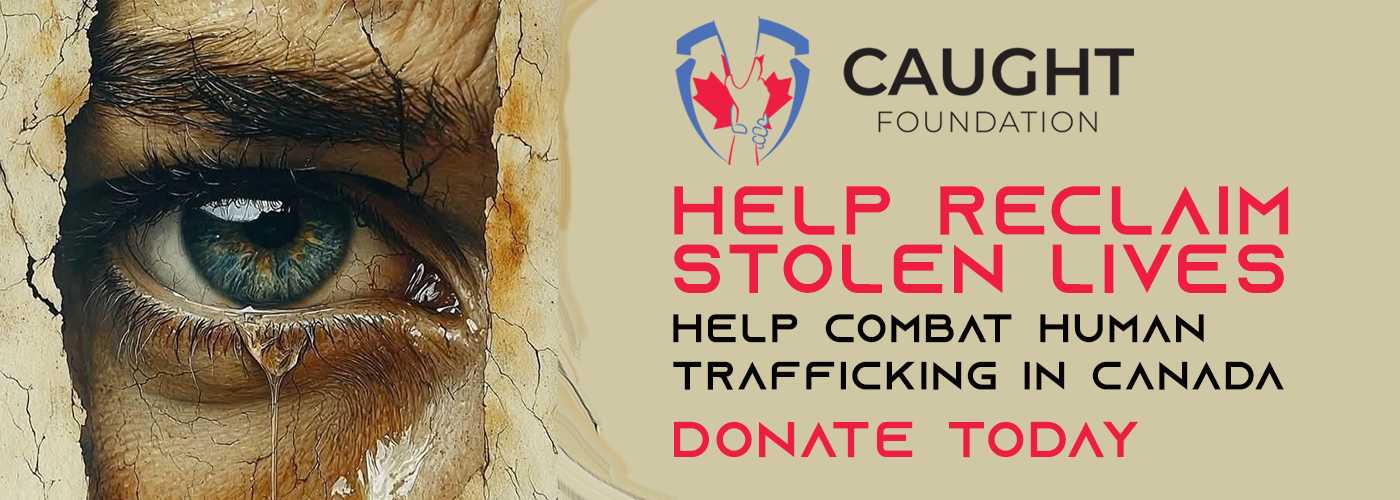Published: November 3, 2025 12:22pm EST Authors Giuditta Fontana Associate Professor in International Security, University of Birmingham Argyro Kartsonaki Senior researcher, Institute for Peace Research and Security Policy, University of Hamburg Natascha Neudorfer Professor of Political Economy, Heinrich Heine Universität Düsseldorf Stefan Wolff Professor of International Security, University of Birmingham Disclosure statement Giuditta Fontana is a past recipient of grant funding from the Leverhulme Trust, the Northern Ireland Department for the Economy, the UK Global Challenges Research Fund, the United States Institute of Peace, and British Academy. She is co-convenor of the Political Studies Association Specialist Group on Ethnopolitics and University of Birmingham Representative for the European Consortium of Political Research. Argyro Kartsonaki has received funding from the German Federal Foreign Office and the Organization for Security and Co-operation in Europe (OSCE). She is past recipient of grants from the United States Institute of Peace and from the Economic and Social Research Council (UK). She is a part of the Centre for OSCE Research at IFSH, co-editor of OSCE Insights, and consults the OSCE as a member of the OSCE Expert Network. Natascha Neudorfer, or the projects she worked on, have received funding from the ESRC (UK), USIP (US), the Bavarian State (Germany), the Daimler and Benz Foundation (Germany), and the European Union’s Fifth Framework Programme. Stefan Wolff is a past recipient of grant funding from the Natural Environment Research Council of the UK, the United States Institute of Peace, the Economic and Social Research Council of the UK, the British Academy, the NATO Science for Peace Programme, the EU Framework Programmes 6 and 7 and Horizon 2020, as well as the EU’s Jean Monnet Programme. He is a Trustee and Honorary Treasurer of the Political Studies Association of the UK and a Senior Research Fellow at the Foreign Policy Centre in London. Partners University of Birmingham provides funding as a founding partner of The Conversation UK. View all partners DOI https://doi.org/10.64628/AB.hctmsh3nk Delegates at the UN general assembly debate on women, peace and security, October 2025. ZUMA Press, Inc./Alamy Live News Twenty-five years ago, on October 31, 2000, the United Nations unanimously adopted its landmark security council resolution 1325 (WPS 1325). The resolution on women, peace and security reaffirmed “the important role of women in the prevention and resolution of conflicts, peace negotiations, peace-building, peacekeeping, humanitarian response and in post-conflict reconstruction”. It also stressed the “importance of their equal participation and full involvement in all efforts for the maintenance and promotion of peace and security”. The significance of women to building sustainable peace is undeniable. Our research, supported by the United States Institute of Peace, has found that on average the incorporation of measures to include women in post-conflict society in a peace agreement reduces the probability of conflict recurrence by 11%. Even more significantly, if this process occurs alongside UN leadership, the probability of conflict recurrence is reduced by 37%. So the anniversary of WPS 1325 should be a reason to celebrate. Instead, the UN secretary general, António Guterres, opened his report to the security council’s annual debate on women, peace and security on October 6 with a warning. Guterres said the UN too often “falls short when it comes to real change in the lives of women and girls caught in conflict”. He specifically noted the lack of inclusion of women in peace negotiations, the failure to protect women and girls from sexual violence, and the underfunding of women peacebuilders. Over the past 25 years, the security council has adopted almost 1,000 resolutions related to WPS 1325. In 2015, resolution 2242 aimed for the more systematic integration of the women, peace and security agenda into “all country-specific situations on the security council’s agenda”. To facilitate this, the UN security council set up an informal group of experts. There is no doubt that the women, peace and security agenda has had a positive impact. Guterres noted that “gender provisions in peace agreements have become more common, and women’s organisations have helped transform post-conflict recovery and reconciliation in communities worldwide”. He declared that “women-led civil society and women peace builders … are the drivers behind holistic and sustainable peace.” Yet according to a UN Women survey in early 2025, global cuts to foreign aid budgets make it harder for women to make these vital contributions to peace and security. The situation is similarly challenging for UN peacekeeping. The cumulative budget shortfall in mid-2025 stood at almost US$2.7 billion (£2.04 billion), with the US, China and Russia the three largest debtors. Despite a significant decrease over the past decade in the peacekeeping budget from US$8.4 billion in 2014-15 to US$5.2 billion in 2024-25, the share of unpaid contributions has more than tripled from 13% to 41% over the same period. If these two trends persist, the prospects for sustainable conflict resolution will dramatically diminish. Women as peacebuilders Aiming to explore how to prevent civil wars from recurring, we analysed 14 protracted peace processes in recurrent civil wars. This analysis revealed that the UN, working with local women’s organisations, was able to create and sustain multi-level coalitions committed to concluding, maintaining and implementing peace accords. We then tested these findings statistically against 286 agreements concluded in violent conflicts worldwide. This confirmed that – together – UN leadership and the inclusion of women in post-conflict society significantly increase the odds of a peace agreement surviving for more than five years. Finally, we conducted in-depth case studies of peace processes in the Bangsamoro region in the island of Mindanao in the Philippines, as well as in Burundi, Côte d’Ivoire, Liberia and Sierra Leone. This enabled us to establish how the UN and women-led organisations are able to help prevent civil wars from recurring. What we found was that women’s participation was able to make the needs and experiences of previously marginalised groups visible and address them in peace agreements. For example, Unifem, the UN development fund for women, sponsored an all-party women’s conference at the margins of the Arusha peace negotiations in Burundi in 2000. This ensured that the subsequent peace agreement contained extensive provisions to enhance the socioeconomic inclusion of women in post-conflict society. When the UN and women-led organisations work together, people who might have been left out of the peace process can be involved in its implementation. Liberia’s peace huts (supported by UN Women) are a visible example of how women can contribute to sustaining peace. Adapted from the traditional Liberian palava hut system, peace huts provide spaces for dialogue, mediation of disputes and the sharing of information. Ellen Johnson Sirleaf, president of Liberia from 2006 to 2018, was a champion of the ‘Peace Hut’ scheme. Christopher Herwig / Aurora Photos/Cavan Images Cooperation between the UN and women-led organisations can also help provide early warning and action in response to local tensions. This can prevent them from escalating into renewed violent conflict. This dynamic was evident in the key roles played by women-led civil society organisations (often supported by the UN) in creating mechanisms for dialogue before, during and after agreements were signed across all the peace processes we examined. Our research findings thus offer empirical support for many of the aspirations of the UN’s women, peace and security agenda. But they also show the risks of inaction and, worse, rolling back the fragile progress that has been made in the decades since this vision was formally adopted. The UN comes in for a lot of criticism. But our findings suggest that it’s probably the only organisation able to leverage the diplomatic, financial and military resources to assist the conclusion and sustainable implementation of peace accords. Our key finding is that civil wars can be prevented from recurring. But this won’t happen if the very people that can build and nurture sustainable peace are disempowered. World leaders queued up at the annual UN general assembly debate in September to stress their commitment to peace and conflict resolution. But to demonstrate this commitment they need to enable the UN to exercise decisive leadership in peace processes through unwavering diplomatic and financial support. And they need to invest in the local women’s organisations that can facilitate sustainable and legitimate peace on the ground. Want to write? Write an article and join a growing community of more than 213,900 academics and researchers from 5,347 institutions. Register now
Involving women in peace deals reduces chance of a conflict restarting by up to 37%
Date:





